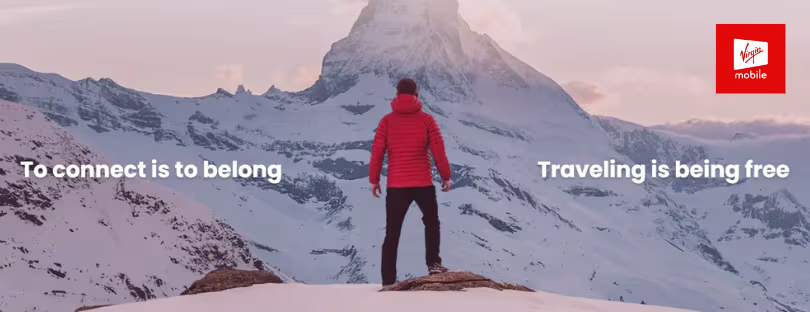
Firsty Joins Forces with UberOne: Global Connectivity Gets a Ride
Global connectivity is no longer just about switching SIM cards at airports or juggling multiple eSIMs. A new partnership between Firsty and UberOne is taking that idea for a spin — quite literally. Premium Uber users in Spain and the Netherlands now get 1.5 GB of free monthly data, free international calling, and a guarantee that the Uber app stays connected wherever the journey takes them.
It’s a simple perk on paper, but under the hood, it signals something bigger: mobility and telecom are colliding in a way that feels inevitable.
Why This Matters for Travelers
For years, the holy grail of roaming has been a single subscription that works seamlessly across countries without punishing bills. Firsty claims it’s moving fast to deliver exactly that — with global subscriptions covering 120+ countries under one monthly fee, plus built-in international calling.
This fits neatly with Uber’s ambition to become more than just a ride-hailing app. If the app itself is always connected, riders never have to worry about whether they can book a trip in a new city or whether their SIM card covers them. In other words: connectivity becomes invisible, which is the end goal of any good telecom service.
How This Compares to Similar Moves
Firsty isn’t the only player eyeing this space. Companies like Airalo and Nomad eSIM have already built global user bases by offering flexible travel data packages, while Vodafone’s recent Champions Travel eSIM showed how telecom and lifestyle brands can merge. Even big carriers like Orange with its Holiday World eSIM are pitching simplified global roaming bundles.
But here’s the difference: Firsty is going beyond data. Bundling free international calling and a direct partnership with a mobility giant like Uber sets it apart. It’s not just selling gigabytes; it’s selling reliability and peace of mind — the Uber ride will always book, no matter the network. That’s a powerful psychological advantage.
The Bigger Trend: Telco + Lifestyle
According to GSMA’s 2024 Mobile Economy report, over 40% of global travelers now expect their telecom provider to bundle lifestyle services into connectivity plans. Whether it’s streaming, ride-hailing, or financial services, the borders between industries are blurring.
Firsty’s deal with UberOne is a textbook example of this convergence. It follows the same logic that led T-Mobile to bundle Netflix or Rakuten to combine e-commerce with telecom. The message: connectivity isn’t standalone anymore; it’s a feature that makes other services more valuable.
Interestingly, this isn’t Uber’s first flirtation with connectivity. Through a partnership with ConnectedYou, Uber One members were already offered a free 250 MB eSIM when traveling abroad. But that pilot was modest in scope — a one-time data top-up without extras. By contrast, the Firsty–UberOne collaboration goes further: 1.5 GB of data every month, free international calling, and guaranteed access to the Uber app, at least in Spain and the Netherlands. It’s less of a promo and more of a bundled service, showing how Uber is testing different approaches with different partners.
Final thoughts: Is this the future of roaming?
Firsty and UberOne may have just created a blueprint for the next wave of travel connectivity. Unlike pure-play eSIM sellers, they’re embedding connectivity directly into the apps people already use every day. That changes the game.
If Firsty scales this beyond Spain and the Netherlands — and other lifestyle apps follow — we could see a world where roaming disappears not because prices dropped, but because it’s already built into the services we can’t travel without.
The telecom industry should take note: the winners won’t be those who sell the most data, but those who make data vanish into the background of everyday experiences.









